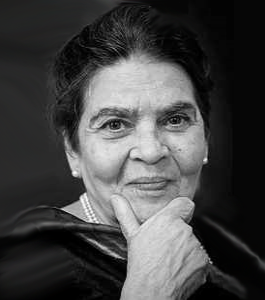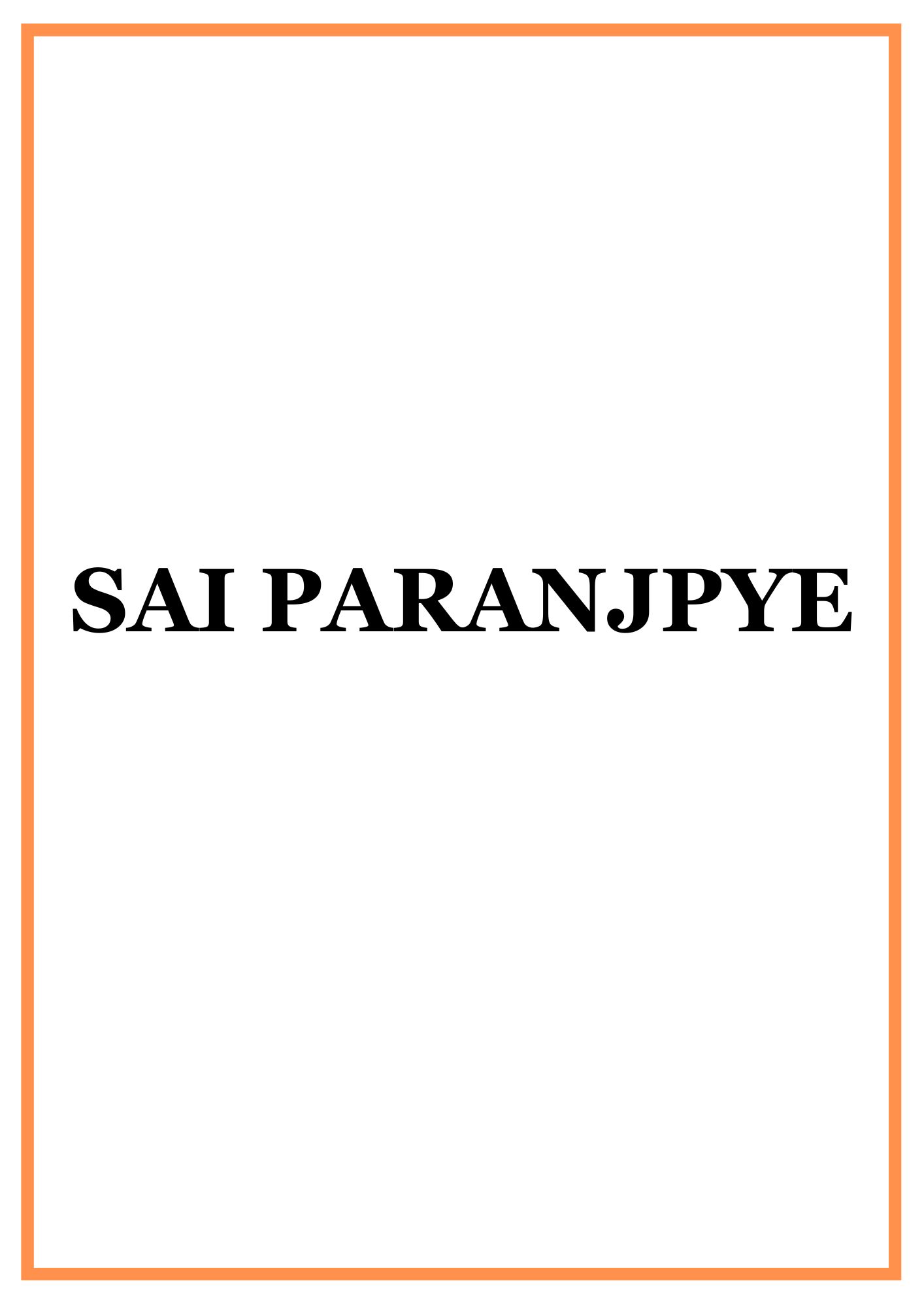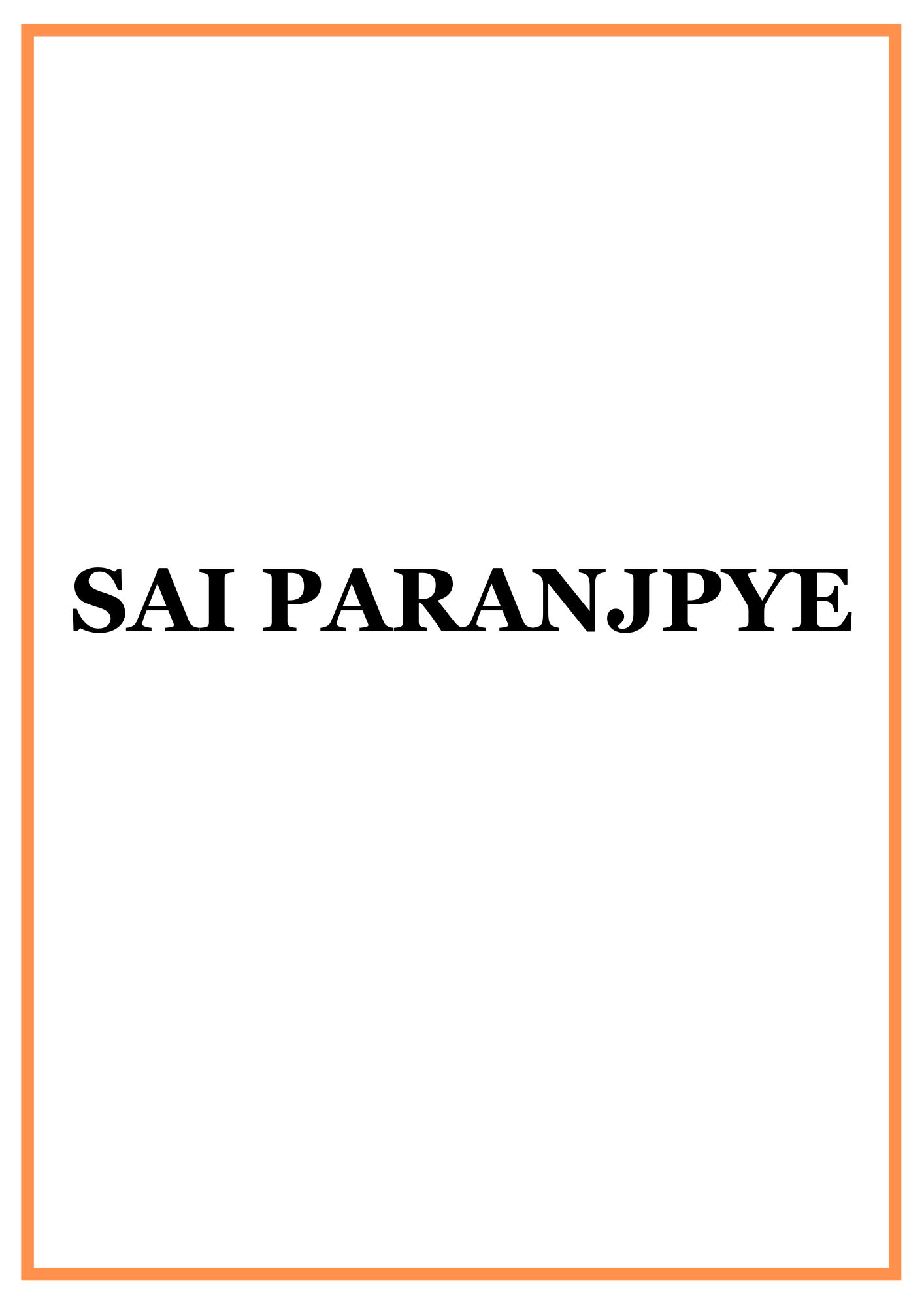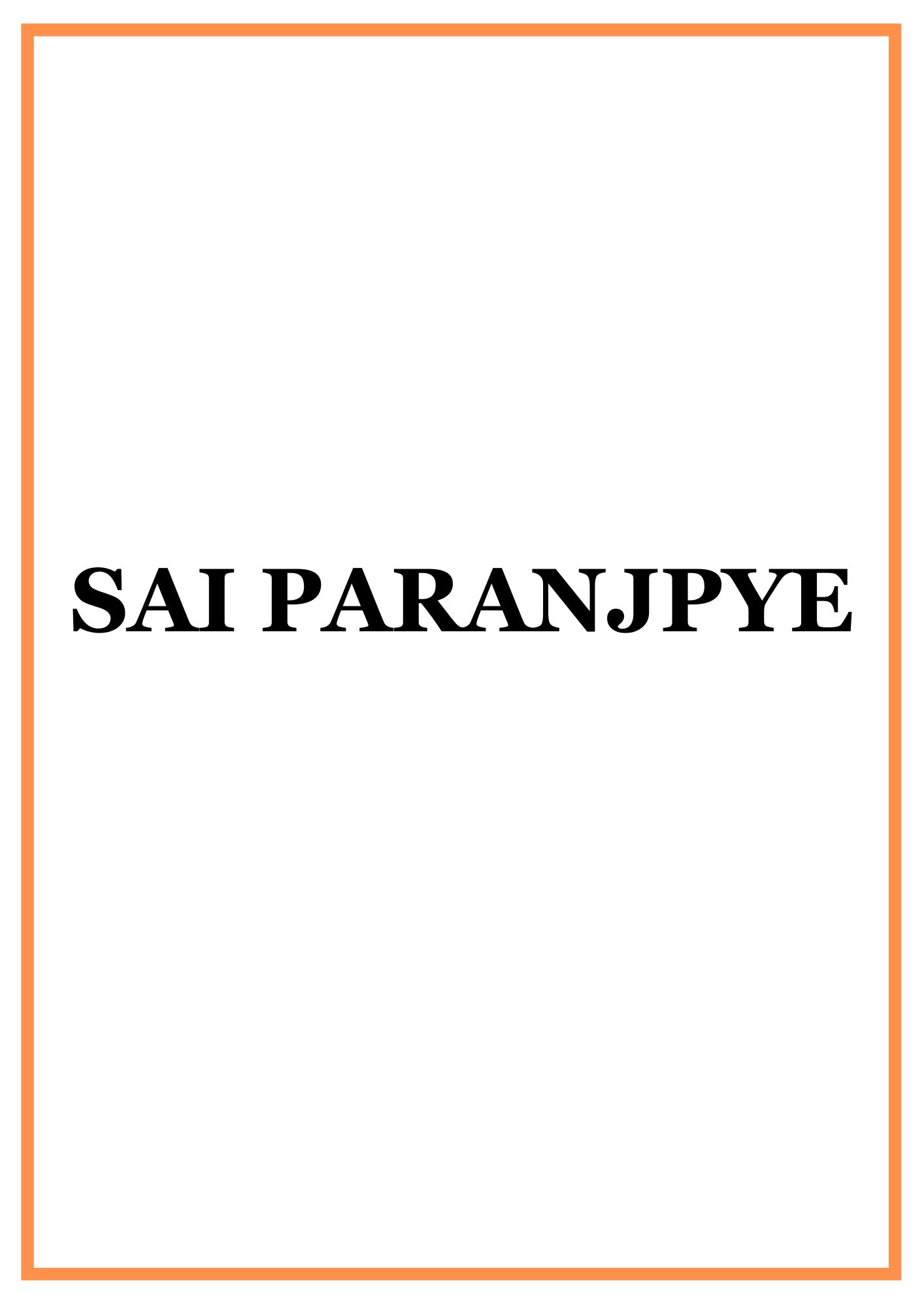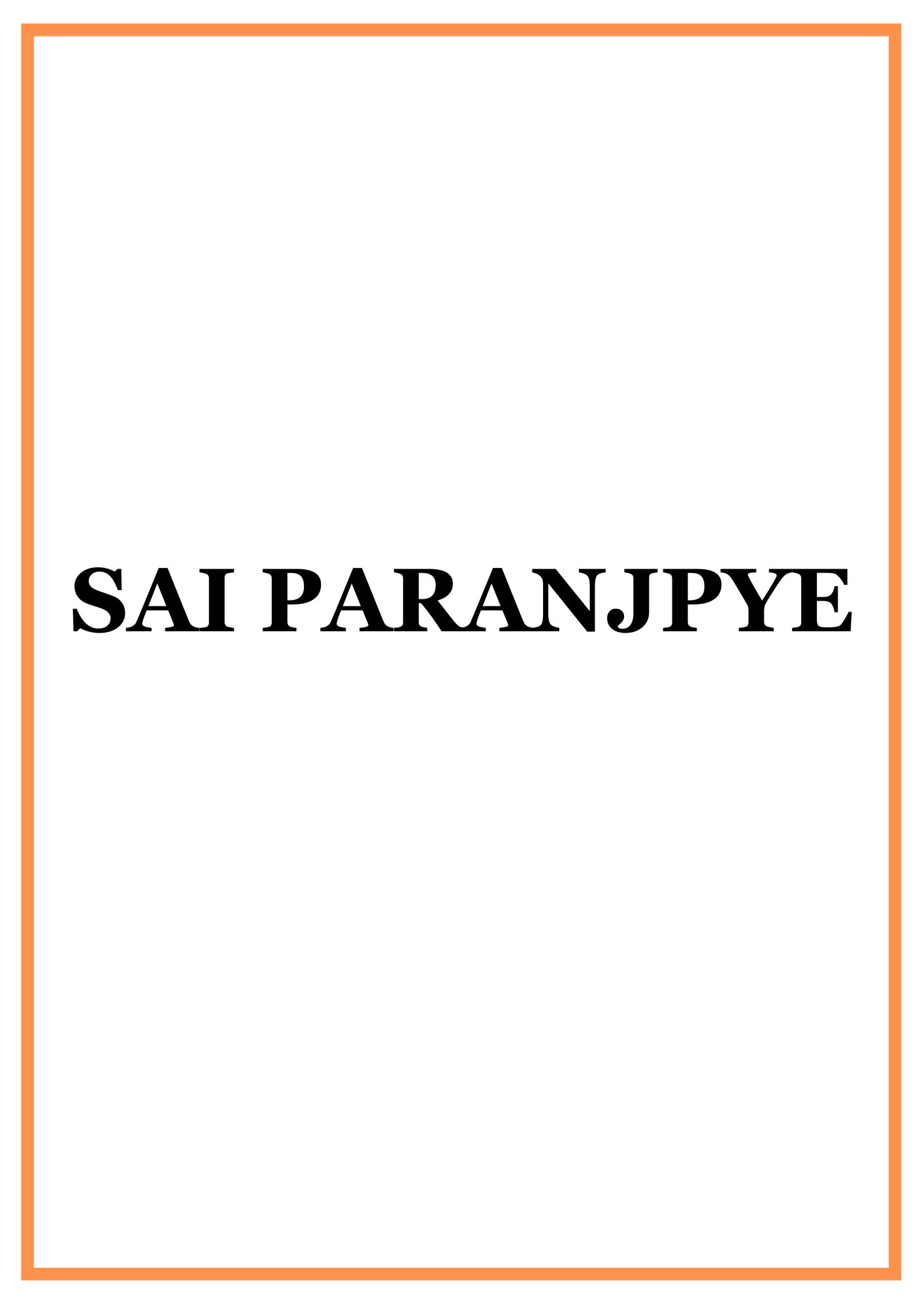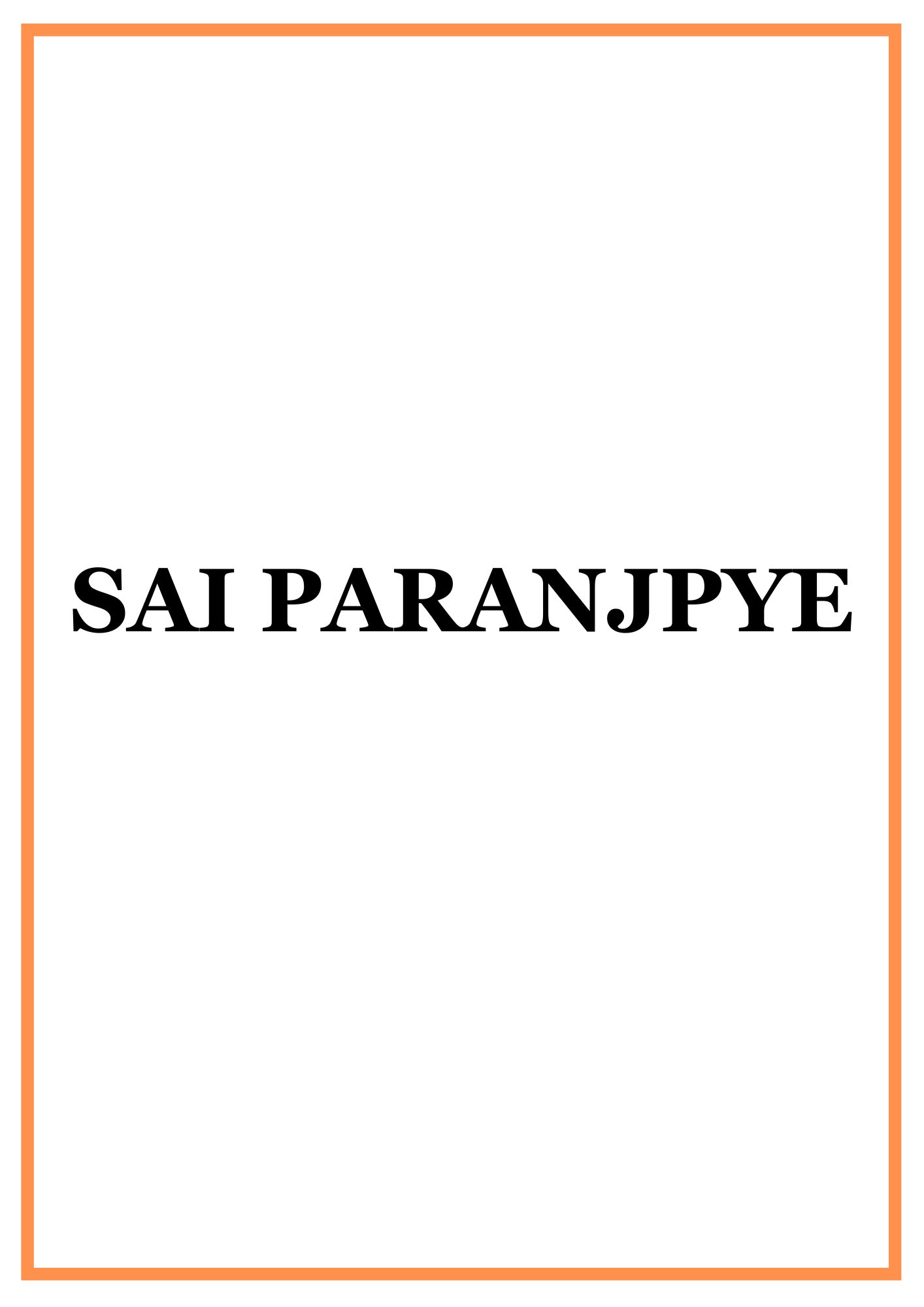The first major woman filmmaker of contemporary India, Sai Paranjpye (born 1938) is an award-winning director and screenwriter. She comes from a family of pioneers and social reformers. Her grandfather R.P. Paranjpye was a renowned mathematician and educationist and her mother Shakuntala Paranjpye acted in Hindi and Marathi films of the 1930s and 40s. She was a member of Rajya Sabha (1964-1970). She received the Padma Bhushan for her social work in 1991.
Sai Paranjpye started her writing career at the age of eight with a collection of fairy tales in Marathi. A graduate of the National School of Drama (NSD), Sai worked at the All India Radio and over the years she has written and directed many plays in Hindi, Marathi and English for adults and children, apart from several children’s books. Her first made-for-TV movie The Little Tea Shop (1972) won the Asian Broadcasting Union Award at Tehran. Later that year, she was selected to produce the inaugural program of Bombay Doordarshan. In the 1970s, she served twice as the Chairperson of Children’s Film Society of India (CFSI) and made four children’s films for CFSI including the award-winning Jadoo Ka Shankh (1974) and Sikandar (1976).
Paranjpye made her feature film debut with Sparsh (1980) which was followed by comedies Chashme Buddoor (1981) and Katha (1982). She directed television serials Ados Pados (1984) and Chhote Bade (1985). Her subsequent movies include Angootha Chaap (1988), Disha (1990), Papeeha (1993), Saaz (1997) and Chakachak (2005) and directed several documentaries including Helping Hands, Talking Books, Capt. Lakshmi, Warna Orchestra and Pankaj Mullick. Her documentary Choodiyan (1993) on anti-liquor agitation in Maharashtra won the National Film Award for the Best Film on social issues and Sparsh won three national awards. In July 2009, Paranjpye’s documentary film Suee was released and produced in partnership with Sankalp Rehabilitation Trust, and was aired on Doordarshan on World AIDS Day (1 December 2009). She has also written and staged several plays, including Sakhe Shejari, Jaswandi and Maza Khel Mandu De.
In recognition of her contribution in the field of art, Sai has been awarded Padma Bhushan in 2006 by the Government of India. In 2016, she released her autobiography Saya: Majha Kalapravas and then released A Patchwork Quilt – A Collage of My Creative Life its English version in 2020, with some chapters rewritten.
About the Collection: The papers of Sai Paranjpye donated by herself comprise original and handwritten drafts and screenplays of both screened and unscreened films, telefilms, teleplays and stage plays in Marathi, Hindi and English, such as Chalo Ek Baar Fir Se, Wedding Bells, Birwa, Dhiktam, etc.
The papers shed light on the development of her ideas as a director and screenwriter by offering a unique perspective on filmmaking and its evolution over time and are an invaluable source for researchers and scholars studying film history and Indian cinema. They allow for a deeper understanding of Sai’s contributions to cinema and the broader cultural landscape. These include materials related to the production process, scripts, correspondence, articles, reviews, press clippings, posters, pamphlets, photographs and catchlines related to her award-winning movies such as Sparsh (1980), Chashme Buddoor (1982), Katha (1983), Disha (1992), Papeeha (1993), Saaz (1997), etc. In addition, the collection also contains her books (Aal Bel, Sakkhe Sezari, Manjhe Khel Mandu De, Jaswandi, etc.) and children’s plays (Nana Phadnavis, Jaducha Shankh, Haravalelya Khellyanche Rajya, Shepticha Shap, Patte Nagrit). (Catalogue available)
Donor: Sai Paranjpye
Acquisition: 2023



